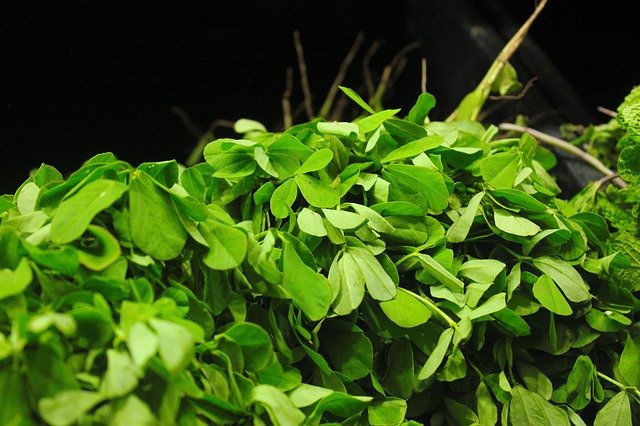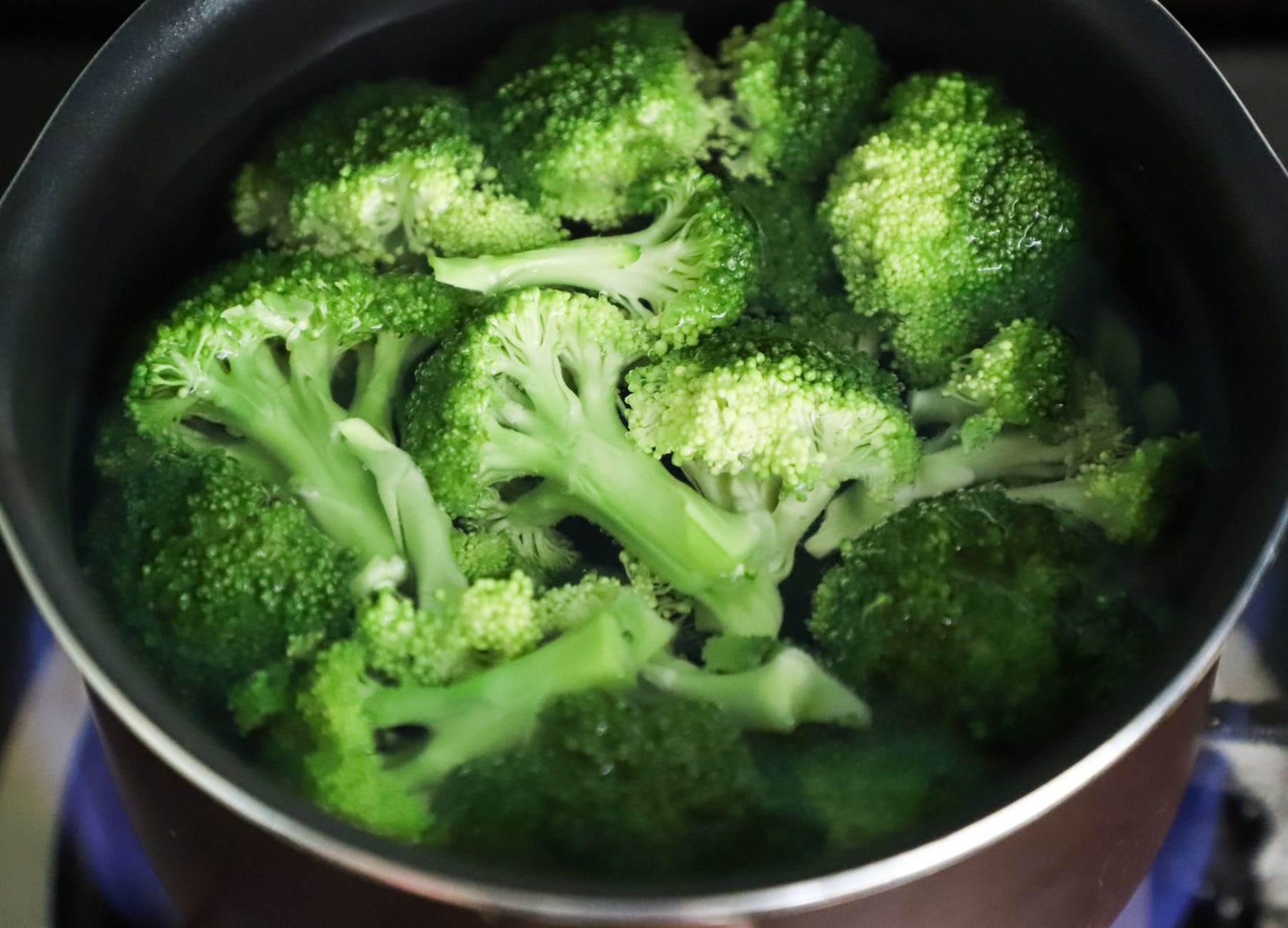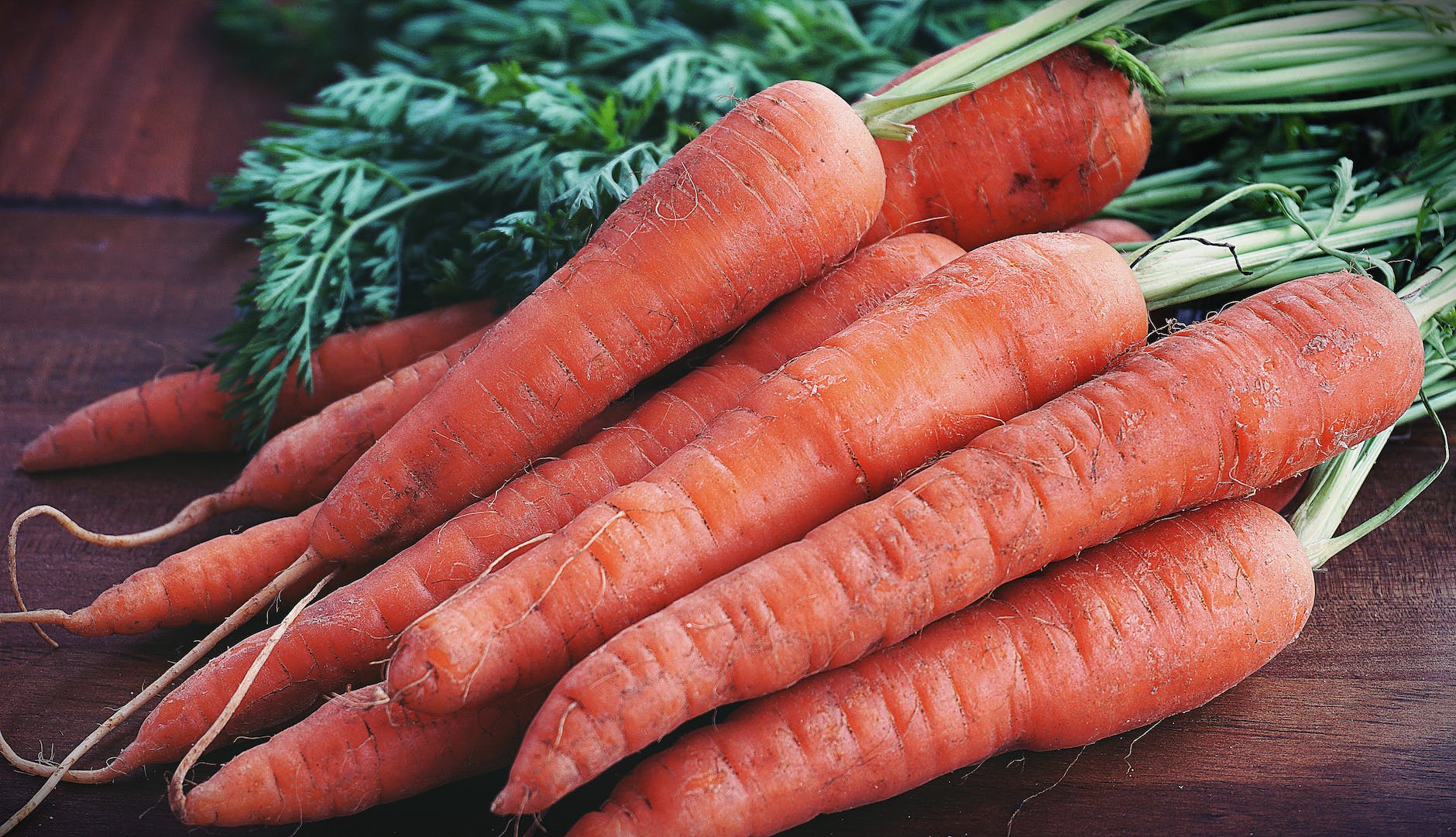
Belly fat, the bane of many fitness enthusiasts and health-conscious individuals, is notoriously stubborn to lose. But fret not, because science comes to our rescue! In this blog post, we delve into the insights shared by Jeremy Ethier, a well-known fitness expert, in his video “How to ACTUALLY Lose Belly Fat (Based on Science)”. This video is a treasure trove of scientifically-backed information, featuring insights from five of the world’s most qualified fat loss scientists. So, let’s dive in and unravel the mystery of losing belly fat! 🕵️♀️
Understanding Belly Fat: More Than Just a Cosmetic Concern 🍔🍟
First things first, it’s important to understand that belly fat is more than just a cosmetic concern. It’s a health issue. There are two types of belly fat: subcutaneous fat, which is the fat that you can pinch, and visceral fat, which is stored deep within your abdomen, surrounding your organs. While subcutaneous fat may be annoying, it’s the visceral fat that poses serious health risks, including heart disease, type 2 diabetes, and certain types of cancer. Both types can be stubborn, but with the right approach, they can be effectively reduced.
The Key to Losing Belly Fat: Caloric Deficit 🍽️
According to Layne Norton, a scientific researcher and champion powerlifter, the key to losing belly fat lies in maintaining a consistent caloric deficit. This means consuming fewer calories than your body burns. While specific exercises can reduce visceral fat, they won’t necessarily target belly fat. So, the focus should be on achieving a caloric deficit through diet modifications. It’s not about starving yourself, but about making smarter food choices and portion control.
Crafting a Nutrition Plan for Belly Fat Loss 🥦🥕
Alan Aragon, a top nutrition researcher, suggests creating a list of your 20 favorite foods across six food groups — high protein, fat, fibrous vegetables, starch, milk, and fruits. This approach ensures you enjoy what you eat while maintaining a balanced diet. He also emphasizes the importance of adequate protein intake during dieting to preserve muscle mass. Protein also has a high thermic effect, meaning your body burns more calories digesting protein compared to fats and carbs.
Exercise Plan for Belly Fat Loss 🏋️♀️🚴♀️
Eric Trexler, a pro natural bodybuilder and published scientist, highlights the benefits of resistance training for fat loss. It helps reduce muscle loss during weight loss, leading to better muscle definition and appetite regulation. Cardio can also be beneficial in maintaining energy expenditure when non-exercise activity decreases during a fat loss phase. The key is to find a balance between resistance and cardio training that works for you.
The Role of Sleep in Belly Fat Loss 😴
Bill Campbell, an Exercise Science professor, explains the link between sleep restriction and overeating, which can lead to belly fat gain. He suggests aiming for about seven hours of sleep per night to avoid this. Lack of sleep can disrupt your body’s hunger hormones, leading to increased appetite and cravings for high-calorie foods.
The Importance of Patience and Consistency 🐢
Finally, Laurin Conlin, a master coach and exercise scientist, emphasizes the need for patience and consistency. She notes that belly fat is often the last area where fat loss is noticeable, and progress should be measured in multiple ways, not just by the scale. It’s about making sustainable lifestyle changes and sticking to them.
All credit for this comprehensive guide goes to Jeremy Ethier. Be sure to check out his video, “How to ACTUALLY Lose Belly Fat (Based on Science)”, for more details and inspiration. 📺
Remember, the journey to a healthier lifestyle starts with a single step. Start incorporating these tips into your lifestyle today and embrace the transformation that awaits you! 🌈













